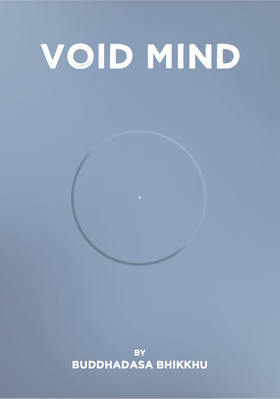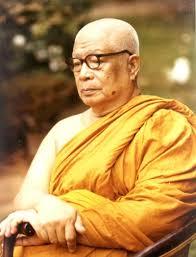Commonly Misunderstood Buddhist Principles Series - No. 2
“"Form is emptiness and emptiness is form” – a phrase from one particular translation of the Heart Sutra, the Mahayana text which deals with the concept of suññata, ‘emptiness’ or ‘voidness.’ ‘Form’ here representing one of the five aggregates, the pañca-khandhas, being ‘empty’ or ‘void,’ then the remaining four aggregates – feelings, perceptions, thinking, and awareness – must also be ‘empty,’ or ‘void’ too. But what are the aggregates empty, or void of? Empty of any meaning of ‘self’ Buddhadasa would have said. That’s the rub: we don’t understand ourselves properly, that what we are is essentially what the Buddhists call the five aggregates, so we cling to them as being ‘me,’ take possession of them as being ‘mine’ and get into trouble because we do. Ajahn Buddhadasa investigates the experience of suññata as it arises from the bases of samadhi and vipassana practice, and as an experience arising naturally during the course of our daily lives. Always willing to explore the different traditions, the Ajahn takes a long, penetrating and occasionally controversial look at this still misunderstood concept.” (Introduction by the translator)
Void Mind by Buddhadasa Bhikkhu
Translated from the Thai by Dhammavidu Bhikkhu
Published by the Buddhadasa Indapanno Archives with the support of the Buddhadasa Foundation.


